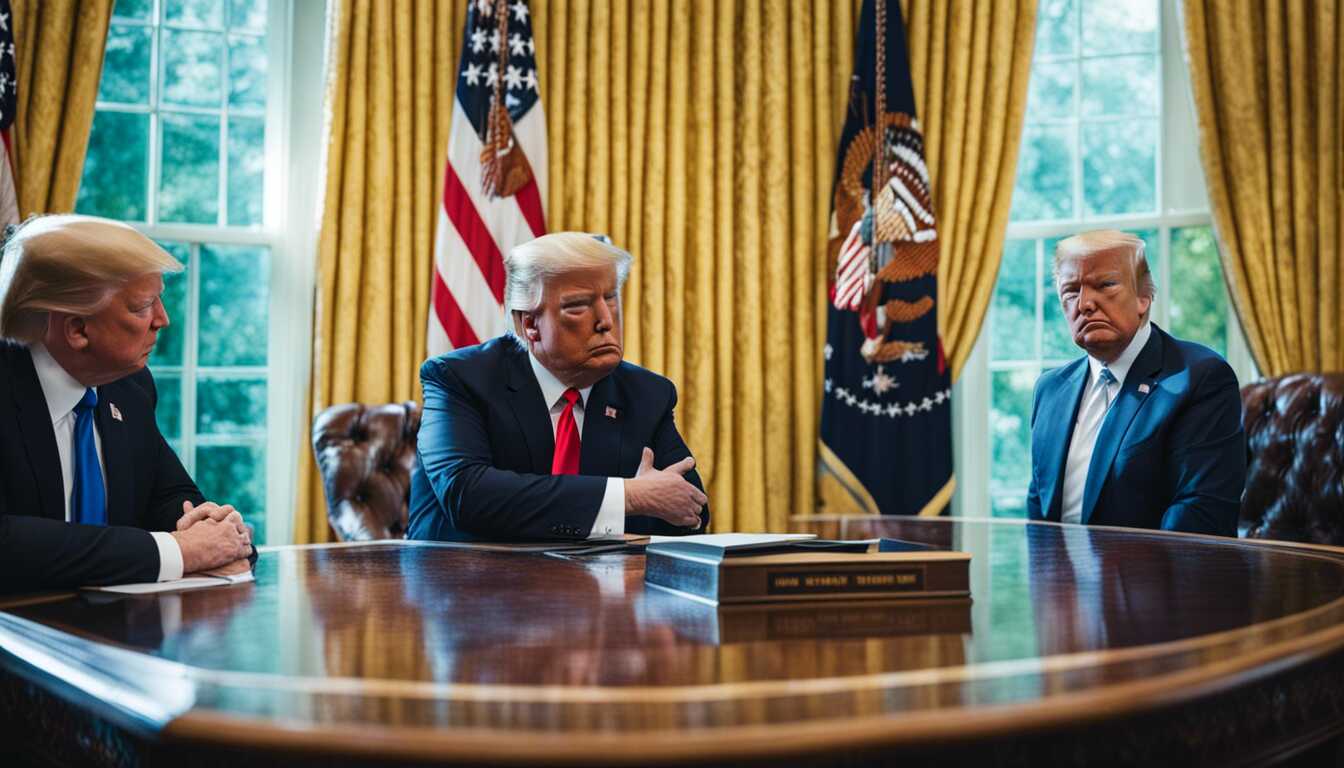
Legal experts discuss ramifications of Trump's immunity ruling

Legal experts are weighing in on the recent unanimous rejection of former President Donald Trump's immunity bid by a federal appeals court. The three-judge panel of the U.S. Circuit Court of Appeals in Washington, D.C. issued a 57-page opinion on Tuesday, stating that Trump does not have blanket protection from prosecution for all acts committed while in office. With Trump expected to appeal to the Supreme Court, various legal analysts have provided insights into the potential outcomes and next steps in this high-profile case.
Unified holding and future implications
Legal scholars have pointed out that the unanimous nature of the appeals court's decision, delivered in a per curiam opinion, presents a cohesive and strong position that could have a high chance of being swiftly upheld. The quick issuance of the opinion after the January hearing indicates a unified holding by the judges, dispelling earlier speculation of potential division among them. It is anticipated that this decision sets the stage for potential ramifications if the case reaches the Supreme Court.
Anticipated supreme court response
Amid discussions about the possible course of action at the Supreme Court, former federal prosecutor Renato Mariotti expressed his lack of surprise at the D.C. Circuit's ruling and highlighted what he deemed as unsubstantiated arguments put forth by Trump's legal team in the appeal. Mariotti, along with other legal experts, indicated a possibility that the Supreme Court might decline to take up the case, allowing the ruling to stand.
Timeline and strategic implications
Former U.S. Attorney Harry Litman drew attention to the expedited timeline given to Trump to seek an extension of the pause in the D.C. proceedings. Litman emphasized that this rapid timeframe places pressure on Trump to secure a stay before the specified date, limiting the delay to the lower-court proceedings. The thoroughness and unanimity of the opinion led Litman to anticipate a potential denial of the stay application by the Supreme Court by around mid-February, should it choose not to take up the case.
Potential supreme court options
University of Texas law professor Steve Vladeck outlined two potential avenues for the Supreme Court to address Trump's immunity question based on the appeals court's decision. Vladeck suggested that the high court may either deny Trump's request to pause the proceedings, enabling a swift prosecution, or grant the stay and expedite a review of the ruling's merits, with a decision by June. Vladeck anticipated a decision on the stay application by late next week or early the following week, shedding light on the potential future course of action.
Outlook on supreme court review
Former acting Solicitor General Neal Katyal provided a perspective on the likelihood of the Supreme Court taking up Trump's appeal, expressing skepticism regarding its prospects. Considering the perceived weakness of Trump's argument and the thoroughness of the Court of Appeals' decision, Katyal envisioned a scenario where the Supreme Court votes against hearing the case, while acknowledging the contingent nature of such predictions. Addressing the Future Steps Legal analysts reiterated that as the case progresses, further clarity on the subsequent legal actions and timeline is expected within the next two weeks. Additionally, it was noted that while Trump retains the option to seek en banc review, it would not contribute to maintaining the lower-court proceedings on hold. The potential to keep the proceedings in abeyance lies in seeking relief from the Supreme Court by the upcoming Monday. As the legal implications and strategic decisions continue to unfold in this high-stakes case, legal experts are closely observing the developments and anticipating significant actions from the Supreme Court in the near future.
Share news















